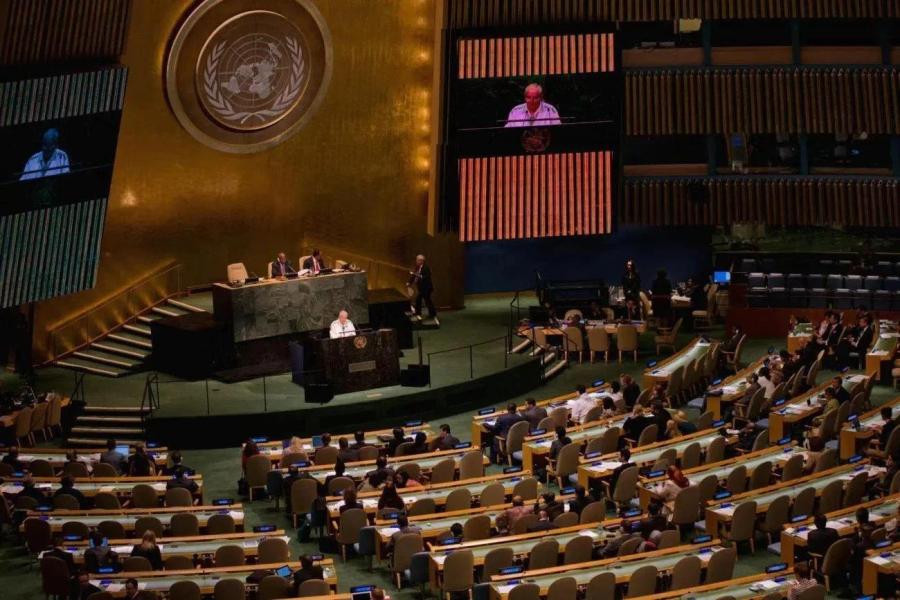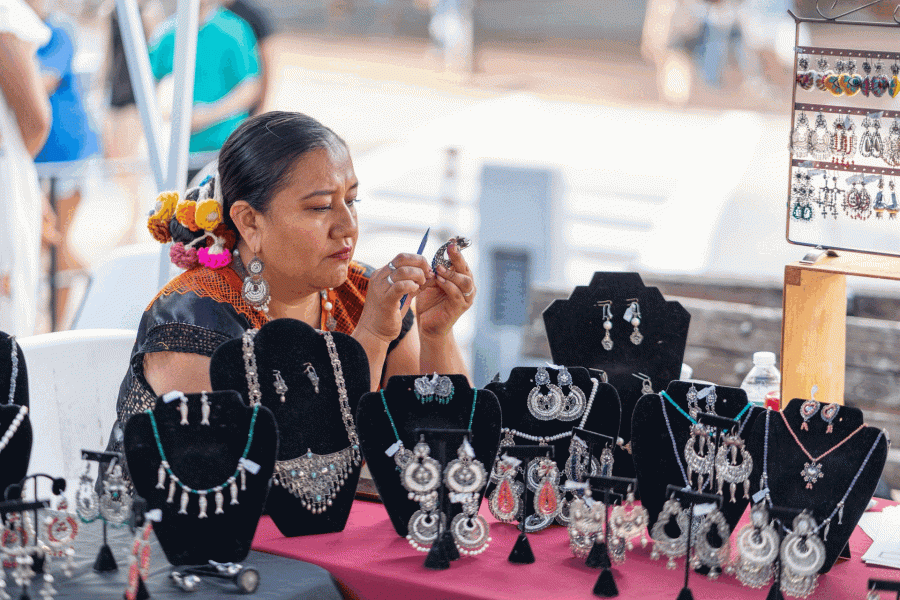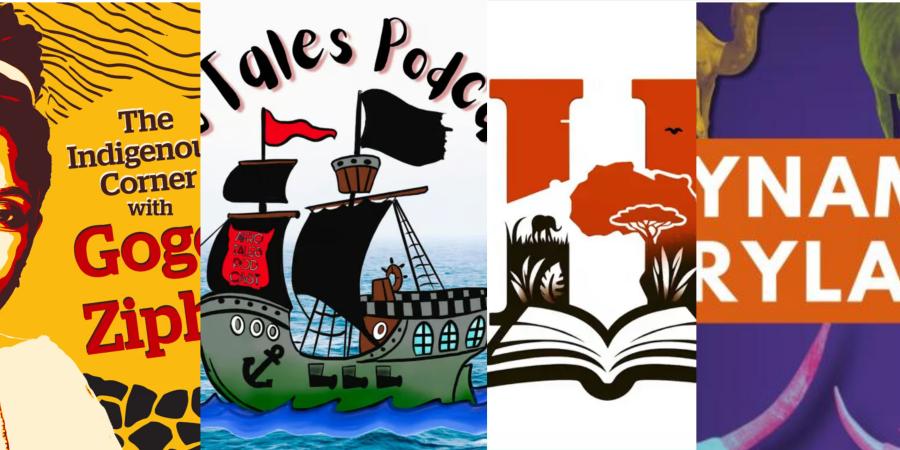Cultural Survival's Capacity Building Program focuses on training activities aimed at Indigenous youth, especially women and people of marginalized genders, on topics such as leadership, human rights, and Indigenous community media. The Indigenous Youth Fellowship funds projects through grants, organizes workshops both in-person and online, conducts exchanges between communities, holds regional meetings, encourages networking, facilitates representation at international forums, and offers mentorship to youth.
Over the years, fellows have developed projects related to audiovisual and film on themes such as solutions for climate change, land and livelihoods, cultures and languages, Indigenous community media, and leadership of women and youth. These projects have contributed to disseminating knowledge and encouraging international exchange through informative, artistic, and journalistic content.
In the last five years, 25 out of the 111 fellowship grants awarded were related to projects in an audiovisual medium. Of these, eight productions were created by fellows from Mexico, five by fellows from Colombia, and three by fellows from Brazil. Fellows from Nicaragua, Peru, Bolivia, Guatemala, Ecuador, and Namibia also comprise the list. The productions centered on the leadership of Indigenous women and youth, the defense of land and territory, the strengthening of Indigenous cultures and languages, and community media.
The views and images of Indigenous youth are reaching new audiences and contributing to the self-determination of Indigenous people and the decolonization of video production. Cultural Survival supports fellows in sharing the traditional knowledge of their communities, reporting on human rights violations, creating climate change solutions, and protecting biodiversity while producing artistic, informative, and analytical materials from their perspectives, through the lenses of their cameras. Here, we share several projects from four fellows.
Naila Paulina Cruz López (Zapotec), Mexico
In 2021, Naila Paulina Cruz López’s project, “the Narrativas del Sur Project of Totopo Community Radio in Mexico,” produced five documentaries on language, culture, and community media among the Zapotec Peoples. The documentaries, “Nudos,” “Fuego Nuevo,” “Lade za,” “Rezadoras,” and “Guiiba' Riní,” highlight the importance of textile art, working with clay, the revitalization of the Didxazá (Zapotec) language, Xandú (Day of the Dead), and trade among Zapotec communities. “At the end of the presentation of the documentaries, there was time to talk about the project and we could hear that there was a great interest by the youth in creating more audiovisual projects. We invited them to collaborate with us at the radio station and to have access to our audio and audiovisual equipment video,” said members of Radio Totopo following the presentation of their project to the Zapotec community at the Juchiteco Ecological Forum. Follow Naila on her YouTube channel.
"Nudos"
"Fuego Nuevo"
"Lade Za"
"Rezadoras"
"Guiiba´Riní"
Nataly Domicó Murillo (Embera), Colombia
In 2022, Nataly Domicó Murillo developed a fellowship project that included a series of animation workshops aimed at defending the ecosystems and biodiversity of the sacred sites of the Embera Eyabida Peoples in Chigorodó (Antioquia/Colombia). In the Cabildo Mayor of Chirigodó and Chigodorocito, Nataly organized workshops relating to diverse areas of audiovisual content, including an introduction to animation and sound, basic concepts of photography and audio recording, creation of characters, rotoscoping, and set decorating, among other techniques.
Ana María Vásquez Hernández (Tsotsil), Mexico
Centering on the challenges faced by Indigenous women, Ana María Vásquez Hernández (Tsotsil), director of the documentary “Snichimal Abtelal (The Flowers at Work),” tells the story of three women who circumvented social and gender conventions by breaking stereotypes in search of the right for women to give or receive an inheritance and to work the land with dignity. The documentary exposes forms of structural violence that have affected the lives of Maya Tsotsil women for generations. “The documentary promotes the use of the Tsotsil language among women through audiovisual media and shows that women are the living expression of linguistic and cultural struggle and resistance,” said Vásquez.
Juan Gutiérrez Pérez (Maya Tzeltal), Mexico
“Las Abejas” is a documentary created in 2021 by Cultural Survival Youth fellows, Juan Gutiérrez Pérez (Maya Tzeltal), from Chiapas, who documented the resistance processes of Las Abejas Collective, which has been operating for more than 30 years. At an intergenerational meeting, Gutiérrez collected testimonies about Maya Tzeltal ways of life and their struggles to defend their traditions and territory.



